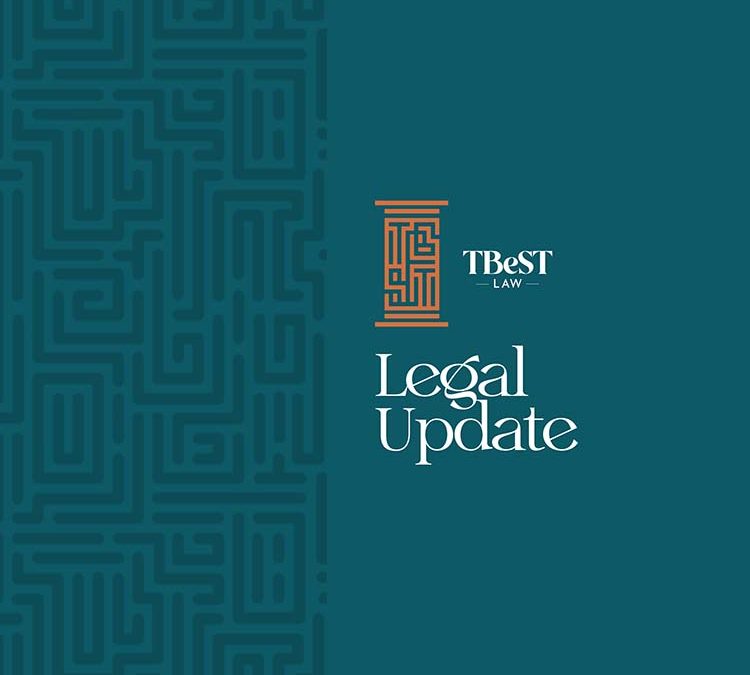What is “New” about the New Investment [Tax] Incentive Regulations?
Dr. Taddese Lencho
A new Investment Incentive Regulation (No 517/2022) was approved by the Council of Ministers on 21 May 2022 and published on the Negarit Gazetta on July 12, 2022 (effective date). The new Investment Incentive Regulation repeals and replaces investment tax incentive regulations in place since 2012. It is important to qualify this regulation as a “tax incentive” regulation as the non-tax incentives are provided for in other pieces of legislation.
The new Investment Incentive Regulation maintains the characteristic features of the 2012 Incentive Regulation, namely the itemization in a schedule of specific investment areas entitled to (sometimes denied) investment incentives. Itemization of specific beneficiary investments reduces administrative manipulation of incentives but increases the administrative uncertainty associated with the in/correct classification of investment areas. Since the schedule is not tied to any universal or international standard classification, it creates uncertainty for types of investments whose “genus” is mentioned in the Schedule but whose “species” is not identified therein. As a result of variable tax holiday periods, investors might classify themselves in a category accorded higher tax holiday period only to realize later on that their investment area falls under another category. For a lay person like me, a diaper looks and functions every bit as an underwear (albeit as a non-durable underwear), but to industry insiders, a diaper is classified under a paper manufacturing industry, not under textile and textile products industry. It is also possible for a single entity to engage in multiple investments enjoying variable tax holiday periods, complicating accounting and reporting requirements for that entity.
So, what is new about the new Investment Tax Incentive Regulations? We may point to three major changes, namely centralized tax incentive administration, consolidation of tax incentive rules and newly incentivized investment areas.
Centralized Tax Incentive Administration
The New Tax Incentive Regulation centralizes the administration (approval, implementation and supervision) of investment tax incentives under the aegis of the Ministry of Finance, relegating the hitherto principal actors like the Ethiopian Investment Commission (EIC) to that of processing, collating and submitting investor-request for approval by the Ministry of Finance. As a fiscal policy arm of the Federal Government, it is only appropriate that investment tax incentives are brought under close supervision of the Ministry of Finance. This centralization is expected to bring into sharp focus the rationality of forgoing government revenues for the sake of gains in investment, employment opportunities for Ethiopians, and transfer of technology.
Consolidation of tax incentive regulations
Tax incentive regulations are found scattered in many pieces of legislation in Ethiopia. The new Investment Tax Incentive Regulation has attempted to collect “all” the tax incentives found scattered in such non-tax legislations like mining and petroleum extraction laws. Finding these tax incentives in the new regulations might seem new to those unfamiliar with these other legislations, but let it be remembered that the duty-free privileges accorded to investments in petroleum extractions existed as far back as 1986 and those accorded to the mining sector existed at least since 1993. The consolidation of tax incentive rules in one body of law will make it easier for both the regulatory institutions and beneficiaries to use a single point of legislative reference in approving, implementing and monitoring investment incentives in Ethiopia. Let us hope that this discipline will hold out in the future.
Any new incentivized areas of investment?
Since the new investment tax incentive regulation has maintained the by-now familiar itemized list of investment areas entitled to tax incentives under the repealed Investment Regulations of 2012, it may strike us as a conservative piece of legislation. In this regard, it may be said that the new regulation is roughly 85% old and only 15% new. Is that disappointing? Perhaps, but let us not forget that this piece of legislation is issued in a skeptical age, maintaining the existing framework of tax incentives until the hard economic data are out to justify throwing out tax incentives altogether. With all the build-up of critical literature against the utility of tax incentives, the new investment tax incentive regulation has all the hallmarks of a policy with a phase-out written all over its future.
For those curious about the 15% newly incentivized areas of investments, here are a few notable areas of investment added to the existing roster of tax incentivized investments in Ethiopia:
- i) “Atypical” and new investments in star-designated hotels, resorts in selected tourist destination areas are granted income tax holidays for five year periods. What constitutes “atypical” and “selected tourist destination areas” are to be defined in directives.
- ii) Investments that provide employment opportunities for qualified and certified Ethiopians to work abroad are entitled to income tax holidays from one to three year periods if the investments create employment opportunities for more than one hundred Ethiopians;
iii) Investments in information and communication technology development, previously mentioned in general and vague terms, now have detailed sub-classifications making it easier for the right beneficiaries to take advantage of the income tax holidays granted for this category (4 to 5 year periods depending on the location of investment);
- iv) Investments in tertiary specialized hospital services are entitled to income tax holidays for 2 to 3 year periods depending on the location of investments;
- v) Investments in certain logistic services (cooling warehouse services, silos warehouse services, dry port services) are entitled to income tax holidays from 2 to 5 year periods depending on the location and type of investment.
Certain entirely unrelated (and one might add, unnecessary) requirements like owning a building in order to take advantage of tax incentives for health and educational services have been quietly removed by the new tax incentive regulations. Detailed directives are expected from the Ministry of Finance to operationalize most of the new investment tax incentive schemes. As lots of powers are given to the Ministry of Finance, a lot is expected from it.


